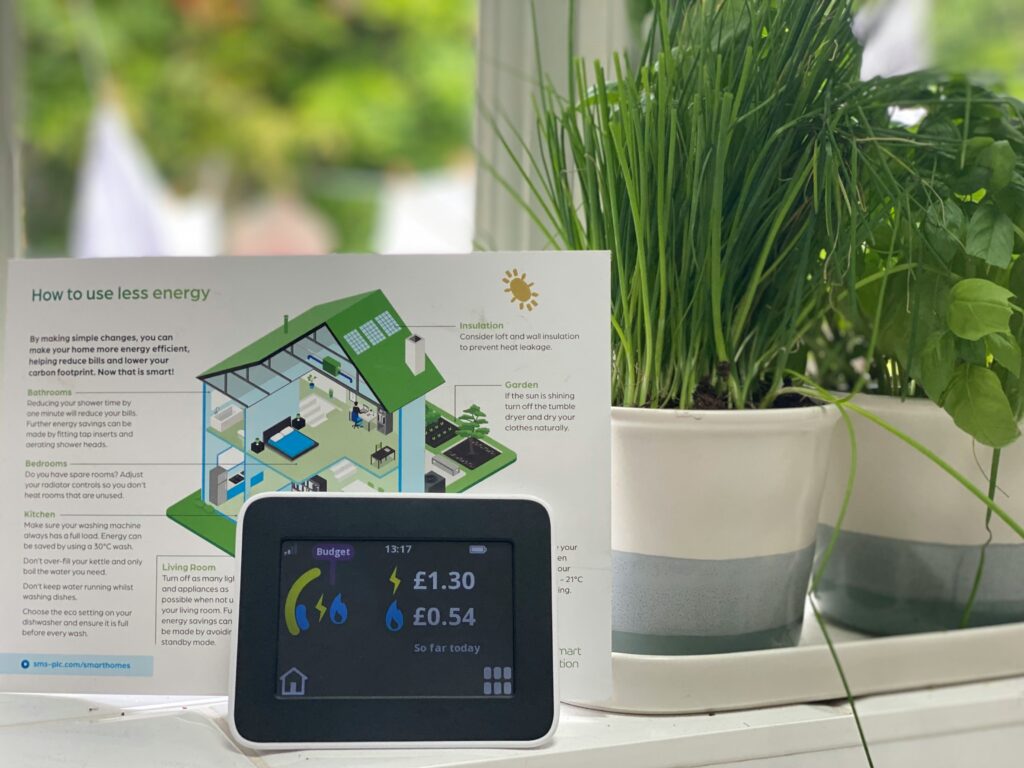A leading global energy company, known for providing reliable and sustainable energy solutions, encountered significant issues with their smart meters due to insufficient testing. These failures led to inaccurate energy readings, billing discrepancies, and widespread customer dissatisfaction.
Impact:
The smart meter failures had significant consequences:
Customer Disruption:
Inaccurate energy readings led to billing errors and discrepancies, causing frustration among customers. Customers received bills that did not reflect their actual energy usage, leading to confusion and disputes. The billing errors disrupted the customer experience and eroded trust in the company’s ability to provide accurate and reliable services.
Operational Challenges:
The company faced increased operational costs and resource allocation to address smart meter issues, impacting efficiency and productivity. The need to rectify billing errors and replace faulty meters diverted resources from other critical areas, straining the company’s operational capabilities.
Reputation Damage:
Persistent smart meter failures tarnished the company’s reputation, leading to a loss of trust among customers and stakeholders. The negative publicity surrounding the smart meter issues damaged the company’s brand image and made it difficult to retain and attract customers.
Root Cause:
The root cause of the smart meter failures was attributed to poor testing practices during the implementation phase. Inadequate testing protocols failed to identify and address potential system vulnerabilities and defects, leading to widespread operational disruptions.
Lack of Comprehensive Testing:
The company did not conduct comprehensive testing of the smart meter systems before deployment. This oversight allowed defects and vulnerabilities to go unnoticed, resulting in system failures once the meters were in use.
Inadequate Test Coverage:
The testing that was conducted did not cover all possible scenarios and use cases. Critical functionalities and edge cases were not thoroughly tested, leading to unexpected failures in the field.
Insufficient Testing Resources:
The company did not allocate sufficient resources for testing. Limited time, budget, and personnel dedicated to testing resulted in rushed and incomplete test cycles.
Absence of Independent Verification:
The testing was conducted internally without independent verification. Without an external perspective, biases and assumptions in the testing process went unchallenged, compromising the effectiveness of the testing efforts.
Mitigations for Testing:
To address the smart meter failures and prevent future issues, the company implemented the following mitigation strategies:
Testing Partnership:
Established strategic collaborations with an independent testing consultancy specialising in Testing as a Service (TaaS). This partnership enhanced in-house testing capabilities, leveraging specialised expertise for comprehensive smart meter testing and validation. The external consultants brought fresh perspectives and rigorous methodologies to the testing process.
Enhanced Testing Protocols:
Implemented comprehensive testing protocols to identify and address system vulnerabilities and defects. The new protocols included a wider range of test cases, covering various scenarios and edge cases to ensure thorough testing of the smart meter systems.
Quality Assurance Measures:
Prioritised quality assurance to ensure the reliability and functionality of smart meter systems. The company established a dedicated quality assurance team responsible for overseeing the testing process and ensuring adherence to best practices.
Continuous Monitoring:
Implemented continuous monitoring and maintenance of smart meter systems to detect and address issues proactively. Real-time monitoring allowed the company to identify potential problems early and take corrective actions before they escalated into major failures.
Stakeholder Engagement:
Engaged stakeholders, including customers and regulatory authorities, to gather feedback and insights for improving smart meter reliability and performance. Regular communication with stakeholders helped the company understand their concerns and expectations, informing the development of more reliable and customer-centric solutions.
Outcome:
The smart meter failures served as a wake-up call for the company to prioritise rigorous testing and quality assurance measures. By implementing comprehensive testing protocols and investing in quality assurance, the company aimed to enhance smart meter reliability and customer satisfaction.
Improved Smart Meter Performance:
The new testing and quality assurance measures led to significant improvements in the performance and reliability of smart meters. The incidence of billing errors and discrepancies decreased, leading to higher customer satisfaction.
Increased Operational Efficiency:
With fewer smart meter issues to address, the company was able to allocate resources more efficiently. The reduction in operational disruptions allowed the company to focus on other strategic initiatives and improve overall productivity.
Restored Customer Trust:
Through transparent communication and consistent delivery of accurate billing services, the company gradually restored customer trust. The proactive approach to addressing smart meter issues demonstrated the company’s commitment to customer satisfaction and operational excellence.
Strengthened Brand Reputation:
The successful resolution of the smart meter failures and the implementation of robust testing practices helped the company rebuild its reputation. Positive customer feedback and improved performance metrics contributed to a stronger brand image.
Final Thoughts:
This case study highlights the critical importance of thorough testing in ensuring the reliability and functionality of smart meter systems. As technology continues to advance in the energy sector, companies must prioritise robust testing practices to mitigate risks, maintain operational efficiency, and uphold customer trust.
The Necessity of Comprehensive Testing:
The failure of the smart meters underscores the need for comprehensive testing that covers all possible scenarios and use cases. Thorough testing is essential to identify and address potential vulnerabilities and defects before deployment.
Leveraging External Expertise:
Partnering with independent testing consultancies can bring valuable expertise and perspectives to the testing process. External consultants can challenge assumptions and introduce rigorous methodologies that enhance the effectiveness of testing efforts.
Continuous Improvement in Testing Practices:
Testing is not a one-time activity but an ongoing process. Companies must continuously refine and improve their testing practices to keep pace with technological advancements and emerging threats.
Proactive Quality Assurance:
Quality assurance should be an integral part of the testing process. Establishing dedicated quality assurance teams and prioritising quality measures can ensure the reliability and functionality of smart meter systems.
Engaging Stakeholders:
Engaging stakeholders, including customers and regulatory authorities, is crucial for gathering feedback and insights. Understanding stakeholder concerns and expectations can inform the development of more reliable and customer-centric solutions.
Building a Culture of Quality:
A culture that prioritises quality and rigorous testing is essential for sustaining long-term success. Companies must instil a commitment to quality at every level of the organisation, from executive leadership to front-line employees.
Investing in Advanced Technologies:
Investing in advanced testing and monitoring technologies can enhance the effectiveness of quality assurance efforts. Real-time monitoring, automated testing tools, and AI-driven analytics can provide deeper insights and faster detection of issues.
Conclusion:
The smart meter failures at the major energy company serve as a powerful reminder of the critical importance of robust testing and quality assurance measures. By learning from this incident and implementing comprehensive testing protocols, companies can protect themselves against future failures and ensure the reliability and functionality of their systems.
As the energy sector continues to evolve, so too must the approaches to testing and quality assurance. Companies that prioritise proactive testing practices, engage stakeholders, and leverage advanced technologies will be better positioned to navigate the complex landscape and maintain their competitive edge.
In today’s technology-driven world, the stakes are higher than ever. The lessons learned from this case study highlight the necessity of vigilance, preparedness, and a commitment to continuous improvement in ensuring the success and reliability of smart meter systems.

